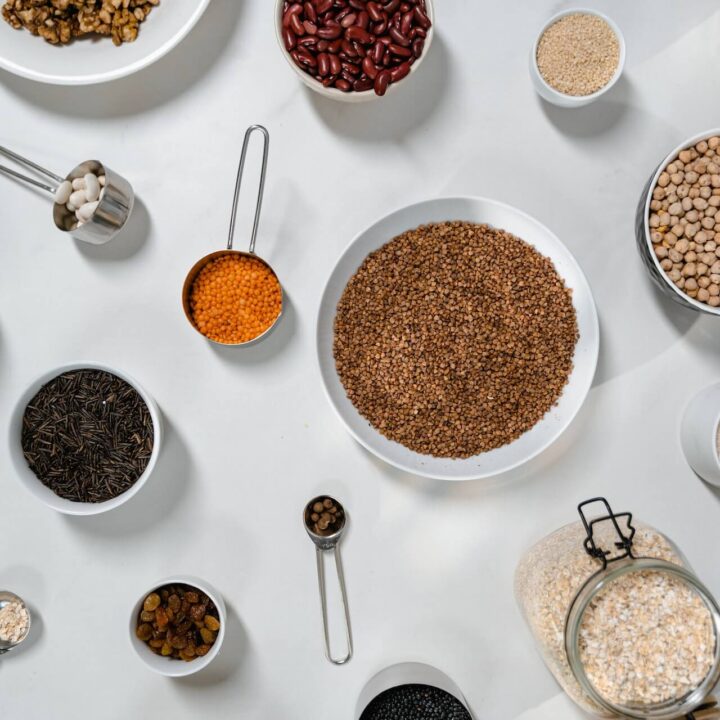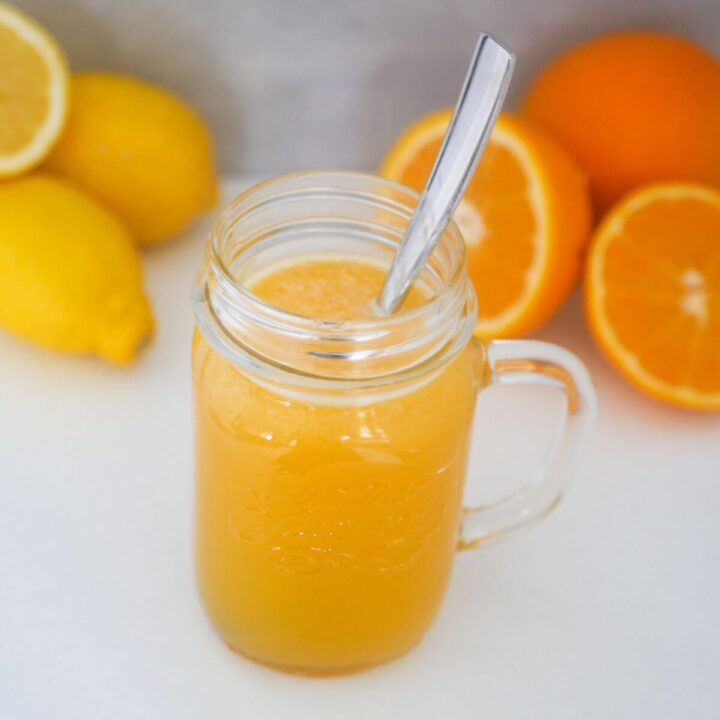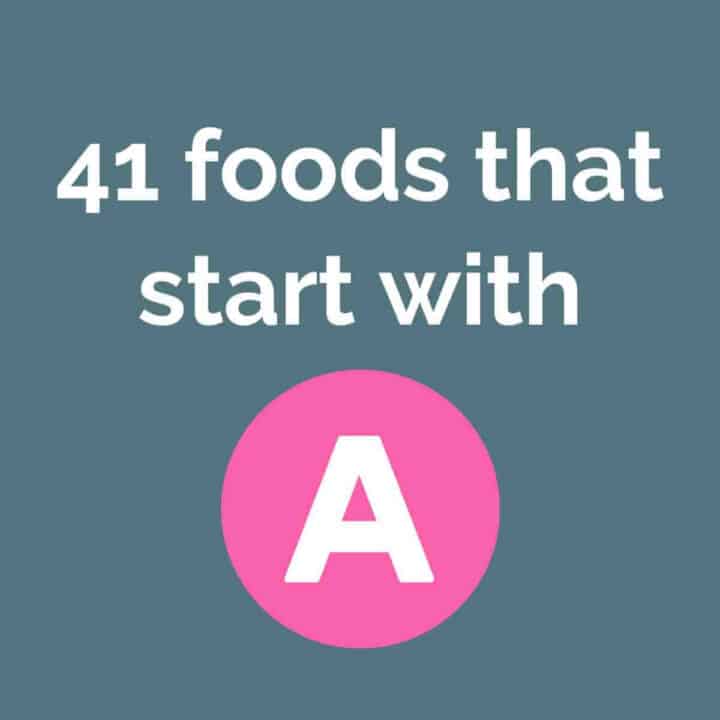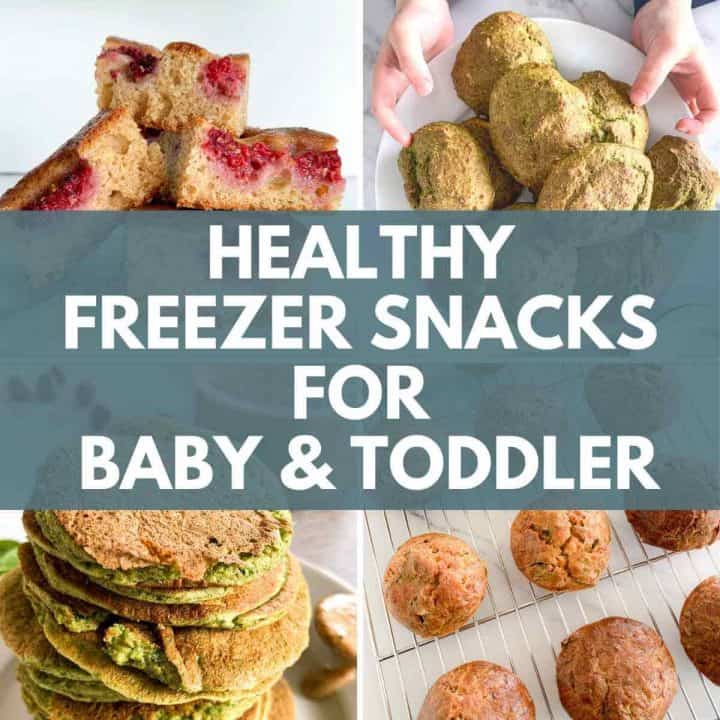
A recent report found that 95% of store-bought baby food contains some amount of toxic metals. The study tested 168 different foods and only 9 of them were free of toxic metals. Nine!
Sounds pretty alarming, right? You're right to be concerned. Toxic metals can significantly impair development, and even in trace amounts have been shown to lead to lower IQ. Definitely makes you think twice about relying on store-bought foods!
It's no secret that we believe in the benefit of homemade and this report just adds to the argument. But we also know from experience that it's almost impossible to avoid store-bought foods at all times.
And with that in mind, we thought this report was a good opportunity to break down the problem as well as the ways to minimize the risks.
What Toxic Metals are in Store-Bought Baby Food?
When we refer to toxic metals in food, we primarily mean one of these four:
- Lead
- Arsenic
- Cadmium
- Mercury
Shockingly, 94% of the foods tested in this study contained some amount of lead! 75% contained cadmium and 73% had arsenic! Mercury was found in 32% of food – much lower but still way too high.
Most alarmingly, about a quarter of the foods tested contained all 4!
The negative effect on health and development from consumption of these metals is well documented. From lower IQs to higher rates of ADHD, it's pretty clear that you want to avoid them if possible.
The FDA position
The FDA (Food and Drug Administration) is the agency in the US responsible for ensuring the safety of food and drugs. They conduct investigations and provide safety reports on food and drugs, acceptable levels of harmful substances and recommendations on how to minimize risks.
Heavy metals like those mentioned above are inevitably found in foods. This results from contaminants during production but can also be in part due to the soil and water in which crops are grown. But what makes them toxic is the amount. Not just the amount in any particular food, but also the accumulation over time.
So what can we do?
The only solution is to (1) familiarize ourselves with riskier foods and (2) minimize the amount of them that we eat or serve to our children.
High-Risk Foods
The report concluded that 3 types of foods had the highest risk of neurotoxic harm to children:
- Rice-based products
- Sweet potatoes
- Fruit juices
1. Rice-Based Products
It should come as no surprise that rice-based products scored high in the heavy metal department. Its arsenic content is pretty well known and is due to rice absorbing minerals from the soil particularly well compared to other grains.
The simple solution is to limit the amount of rice in your child's diet. There are a lot of other grains that can act as substitutes (millet, buckwheat, quinoa, barley, amaranth, and oats to name a few), so rice really doesn't need to make up such a big part of any diet.
When looking at store-bought foods, just try to avoid the ones that are based on rice and focus on the alternatives.
2. Sweet Potatoes
Sweet potatoes are nutritious and we use them in all kinds of sweet and savory meals. So how come all of a sudden they can be toxic?
Root vegetables like sweet potatoes and carrots are highly absorbent. Unfortunately, there are heavy metals that are naturally found in soil and water, while further contamination can happen following pollutants, pesticides, and fertilizer (not all of which are captured by organic standards).
Nonetheless, we don't think these vegetables should be avoided entirely. They contain valuable micronutrients, especially vitamin A, and should definitely be a part of a healthy diet but also given in moderation.
Fortunately, a healthy diet with plenty of diversity is sufficient to address any concerns. Sweet potatoes (and carrots) can and should be consumed but limited to once or twice per week and other green, red and yellow vegetables should be a part of a healthy plate on other days of the week.
3. Fruit Juices
Fruit juices are high in sugar (both naturally occurring and occasionally added sugar as well), lack fiber and can significantly affect teeth deterioration and weight gain later in life.
However, some studies have also found that they can be high in heavy metals too. That should be enough reason to limit their consumption, especially in young children.
Our own recommendations are that children under the age of 1 aren't offered fruit juice at all (just breastmilk/formula and water once they start eating solids). For children between 1 and 2, we also don't recommend fruit juice. However, a small cup of diluted juice per day isn't a problem.
It shouldn't be necessary, but if your child is not drinking anything else, and you are already limiting rice-based products and not overdoing the sweet potato, then your best option is 100% fruit juices with no added sugar, diluted with water.
Final Thoughts
Avoiding store-bought food is impossible and impractical. Plus, toxic metals can be found in the ingredients themselves so even homemade doesn't fully address the risks.
But to give our kids the best chance possible, with the least possible obstruction to their development, it makes sense to do what we can to minimize heavy metal intake.
That means not relying on store-bought baby food, on rice-based snacks, or on fruit juice. And not including sweet potato in every meal!
Sources
- Healthy Babies Bright Futures Report on Toxic Metals in Baby Foods
- U.S. Food And Drug Administration
- Adverse Health Effects of Heavy Metals in Children
- Heavy Metals’ Effect on Susceptibility to Attention-Deficit/Hyperactivity Disorder





Comments
No Comments